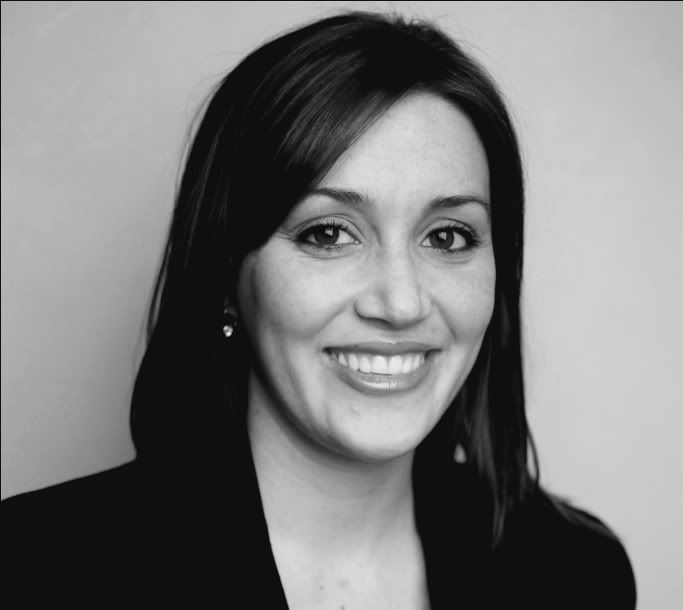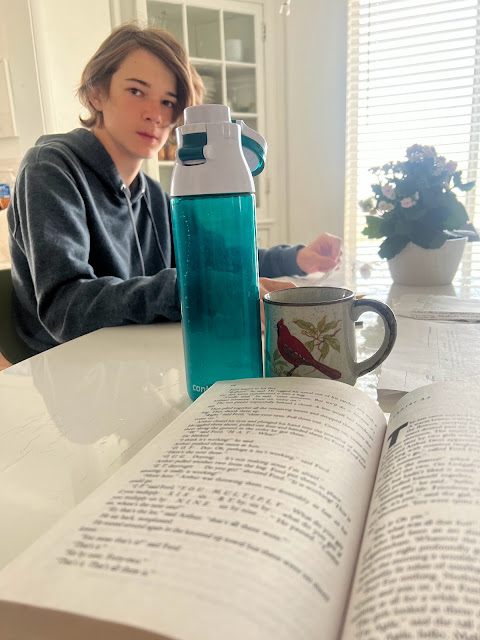Sunday Guest Post Series: Stephanie Henderson's Empowering Women
.
Empowering women.
In my mind, that’s what it all boils down to.
Why did I decide to go to medical school? To empower myself.
Why did I decide a medical career in obstetrics and gynecology? To empower others.
It’s really that simple.
Almost.
Growing up in family that often struggled financially, I learned first-hand the stress, limitations and
adaptations that come with financial instability. I distinctly remember, as a young child, heading outside
to play in the front yard and my mother warning me not to climb in the trees because we couldn’t afford
a trip to the emergency department if I fell and got hurt.
But I know that we had it better than many, and what we lacked in income we made up in love and
encouragement. Somehow my parents generously provided opportunities for me to develop my
talents, and like everyone else in my family, I developed a voracious appetite for reading. In addition
to The Baby-sitters Club and Gary Paulson books, I somehow stumbled upon our encyclopedic family
medical guide. I remember spending hours poring over the illustrated pages, fascinated with the
intricacies of the human body.
And I think that is where it all started. It dawned on me at that young age that the human body was
interesting, that learning about it helped me learn about myself, and that with this knowledge I was
empowered to make educated decisions for myself. Further, even at that young age I knew a career in
medicine would provide me the financial stability I so earnestly craved.
But the path to a career in medicine is never easy, especially for a young Mormon girl. If not for the
desire to educate, empower, and improve my situation I am not sure I would have had the courage
to persevere in my premedical path. It’s not that I wasn’t smart enough, capable enough, or diligent
enough. It was that I was a woman pursuing a career in medicine while attending Brigham Young
University (BYU).
Nationally the number of women who apply to medical school is nearly equal to the number of men, so
a woman in medicine is not the novelty it was 65 years ago, but at BYU the number of women who apply
for medical school is still 1/10th the number of men! This is not super surprising considering Mormon
culture, but it can be daunting if you are one of those few women. Almost more isolating than my
gender, however, was the fact that I was a married co-ed. Once, in an upper level organic chemistry
class, the professor was giving a lecture on the chemical composition of diamonds and needed a
volunteer. He asked if there were any women in the class who had a wedding ring. This was a class of
approximately 300 students, again with only a few dozen women, but I was the ONLY person who raised
her hand! What!?
Alone, that’s how it often seemed. I felt so much internal and external pressure to conform to a
perceived ideal I almost didn’t allow myself to continue on my path.
Gratefully, I did continue and entered medical school as a young wife and mother (another story in
and of itself). As I began interacting with patients I realized that because I had already experienced the
barriers of poverty, prejudice, and isolation, I had an opportunity to empathize with these and many
other circumstances that influenced my patients’ attitudes, behavior, and health. I also found that I felt
a special affinity for my female patients who I understood on an even more personal level—as a woman.
I began volunteering at a women’s residential rehabilitation facility, teaching health education classes
to women learning to break the cycle of poverty and chemical abuse. Here I met women like Tanya,
a young mother suffering from the consequences of years of addictive behavior. As I met with her
each week to discuss health topics such as reproductive health, contraception, diet and exercise, and
preventative care, I was impressed with how potentially life-altering actions from a single conversation
could be and what a unique opportunity I would have as a physician to foster health education—an
education that, like for me, could empower women to make better choices for themselves and for their
children.
Some may say that being a physician is an unimaginative or naive way to empower women, but I have
found that within my sphere of influence as a women’s health physician I will have the opportunity to
educate the uninformed or misinformed, listen to the unheard, and advocate for the disenfranchised. I
can’t imagine a more rewarding career.

Stephanie Henderson is a wife of one, mother of two, daughter of three, and sister of four. She
currently resides with her family in New York. She will graduate from medical school this summer and
start her residency in Obstetrics and Gynecology.

